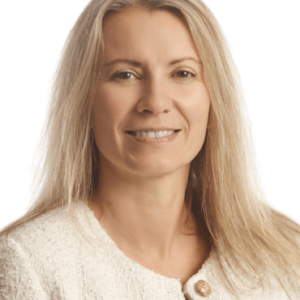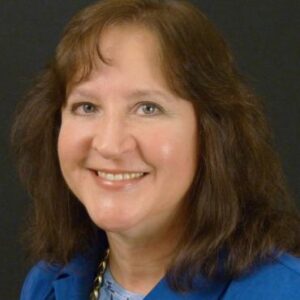As our CEO Bruce Zicari reported in early 2019, The Bonadio Group is one of a handful of firms that committed funds and is taking the lead in the AICPA’s ongoing effort to “develop a transformational auditing methodology supported by a state-of-the-art technology platform.” The Dynamic Audit Solution (DAS) is a flexible and scalable, cloud-based platform that uses the power of automation, artificial intelligence, data analytics and updated methodologies to transform auditing.
In April 2019, I was honored to join the DAS development team as one of their workstream methodology leaders. It’s truly a privilege to collaborate with such an elite team that challenges me to think differently, work more efficiently, and dream big when it comes to the future of accounting. In my opinion, the development of the DAS is one of the most exciting transformations of our profession. We’ve audited the same way for decades and despite living in a world where data is everywhere, the auditing profession has been the slowest to change.
The world is changing and technology is the primary driver of many major shifts. Despite that, one of the most common testing techniques used by auditors today is sampling. For example, an auditor might randomly select 50 transactions out of a population of 10,000 for testing; but with the advances in technology and machine learning, auditors should be looking at entire populations. Clients want us to look at more financial information. Clients want access to more valuable insights to guide their business strategies. With the DAS, identifying risky transactions will be easier for auditors because the system will be able to highlight unusual transactions. Fast-forward five years and using sampling will be comparable to using a folding map to drive to Ohio instead of your smartphone’s GPS. This is an exciting time for the profession as we think about different ways to audit.
What steps has The Bonadio Group taken to prepare for the future?
DAS won’t be fully implemented for a few years but we will be ready for a smooth transition. We’ve been focused on building tech-savvy teams who can respond faster and more efficiently. The world is changing and the audit of the future is going to require more than just CPAs. We’re committed to diversifying and preparing our people, giving them the technology experience and knowledge necessary to perform a data-driven audit. We’re also prioritizing critical thinking skills. Despite having deeper data insights, auditor judgment will remain crucial to the audit process. We need to train our auditors in not only new technologies but communication skills.
What’s planned for 2020?
This year is shaping up to be a big one in the DAS process. In 2020, the DAS will roll out to the first wave of firms, according to a Fall 2019 update from the AICPA. Knowing the tool is a work in progress, the period following the roll-out will focus on providing ongoing support to firms adopting the new technology and refining the DAS based on user feedback. Through this phase of “attestation and advisory” we’ll take further steps toward a fully-integrated solution.
As an early member of the DAS initiative, Bonadio is among the small group “writing the book” on streamlined auditing. As Bruce said, “By taking a proactive approach to inevitable change, we are positioned to meet the challenges of the future and reinforce our commitment to implementing strategies that increase opportunities for our people and create a better experience for our clients.”
We will keep you posted as the DAS initiative continues. For more information, check out www.aicpa.org.
This material has been prepared for general, informational purposes only and is not intended to provide, and should not be relied on for, tax, legal, or accounting advice. Should you require any such advice, please contact us directly. The information contained herein does not create, and your review or use of the information does not constitute, an accountant-client relationship.




